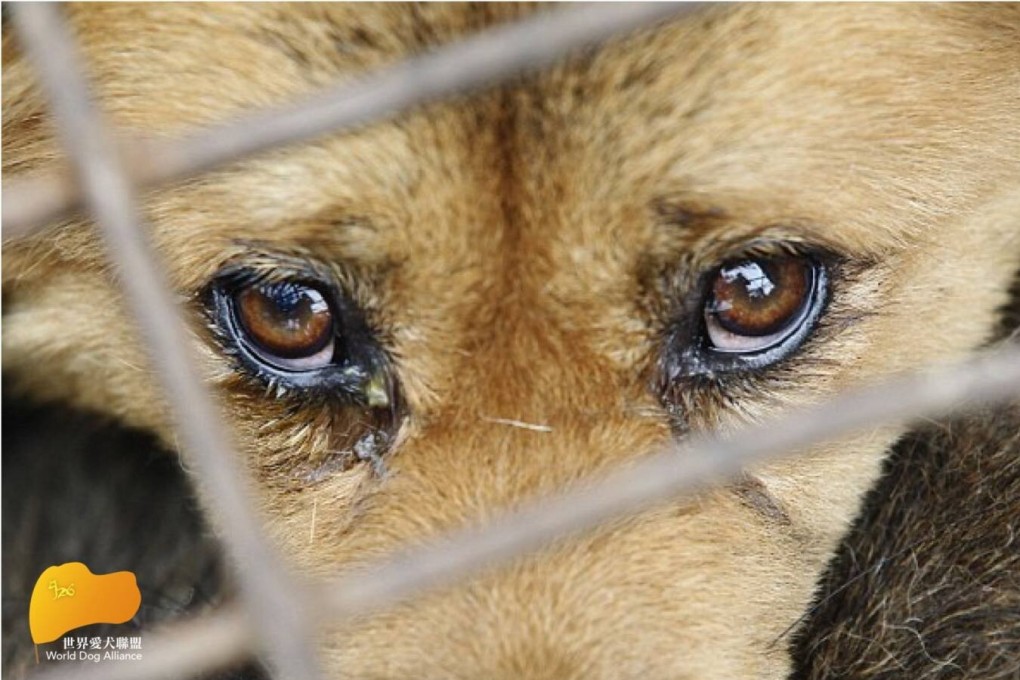My Hong Kong | How can Hong Kong allow the throwing of 29 pets off high-rise building to go unpunished?
- Prosecutors must review sickening New Territories case, city should toughen up animal protection laws
- Hong Kong is no place for raising happy pets – soft-touch justice and lack of open spaces can make it a hostile environment

Just over a year ago, my daughter adopted Ricco, a 10-year-old black cat, whom she nicknamed the “Tiny Panther” who has unwittingly changed her life as well as my own.
I met Ricco not long after she brought him home and fell in love with him instantly; I even call him my little furry grandson.
Ricco has a unique “cat-sonality” because unlike most felines that are usually aloof and independent, he enjoys interacting with humans.
The lack of suitable open spaces or facilities for dogs to roam around makes the city an unfavourable or even hostile environment to raise pets
My daughter and I both reckon he is the chattiest cat you will ever meet as he uses a rather substantial repertoire of meow sounds to communicate with her all the time.
Plus, he has a big personality and likes to make his presence known to everyone he meets. Even my daughter’s partner, who claimed to never like cats, absolutely adores Ricco.
I once told her that if anything urgent ever happens to Ricco, I would not hesitate to jump on the next flight to Britain to see him and make sure he is OK. I often joke about “cat-napping” Ricco to Hong Kong to live with me. I miss him to a point that I bought a stuffed toy cat that resembles him.
Yes, I have officially become a cat lady because of Ricco.
